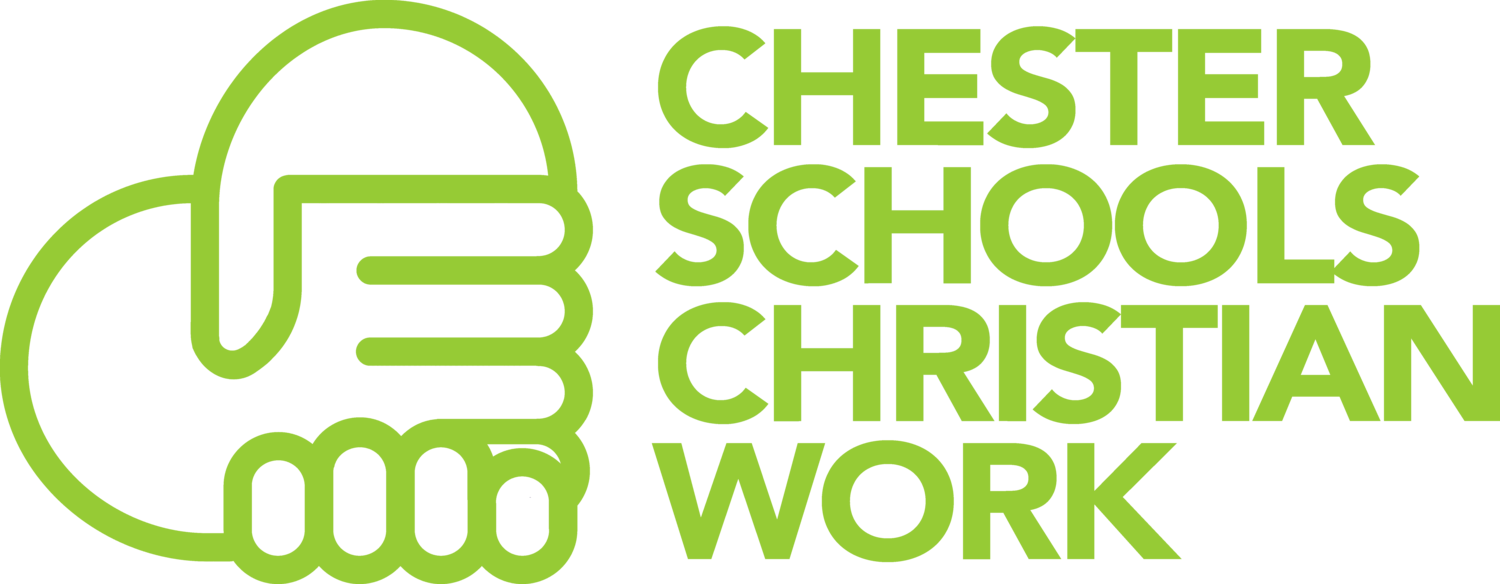Growing Up
/The challenges of growing up can be difficult. The hormonal imbalance and readjustments to their bodies make can mean that the teenage years can be emotional to say the least. Adding into the mix the questions, ‘Who am I?’ and, ‘Who are you?’ that we are asking all the time means that life can be confusing. All the while that this is going on, there is the pressure to conform to an ever-changing sea of fashion and the magnetic pull of fitting in. Of course, while wrestling with the above you must make sure that your every move is fully and properly published on social media. Then when you come up for air you must make decisions about your future, what subjects to study for a career that you haven’t decided upon yet and at a time when you can barely make a decision about today.
These are difficult times to grow up in. Well, at least you have your digital person assistants to help you pick your music, know what the weather will do, order your shopping…
I wonder what it means to grow up in a digital world; to grow up in a world where artificial intelligence (AI) is the norm? What does it mean to be human when AI is making decisions for you? There are huge questions being asked about how AI is shaping public opinion through social media. How do we help young people understand what it means to be human when the very definition of humanity is being challenged by the rise in AI? All this time AI is being used in the most incredible ways in medicine yet somehow, it doesn’t seem beyond the realms of possibility that AI might be used to further enhance the lives of the rich, through implants, leading to further exploitation of the poor.
How can we help children and young people to realise who they are and their value? How do we help them understand what it means to be human? How do we help them accept themselves? How do we help them challenge the assumptions made by the constantly growing shadow of the digital world?
One of the ways that we can help young people to find hope is to help them understand better who they are. In an AI environment where children and young people are unaware of the potential manipulation they are open to this is vital. The Bible can be brought into dialogue with the world of AI with integrity. A brief look at Genesis 1 can speak profoundly and might help to frame the challenges children and young people are facing. Genesis 1 speaks of what it means to be made in the image of God. Scholars through the centuries have discussed what this means. In its simplest form it places huge value on humanity. Humanity carries God’s image and therefore is created good.
When you are lost in the haze of a frenetic society, scrambling to find who you are and who you will become, buffeted by the ideas and algorithms of AI; the anchoring that, at your core, you are created good can be a reassuring place to start. Recognising you are good might be the glimmer of hope you need to get through.

